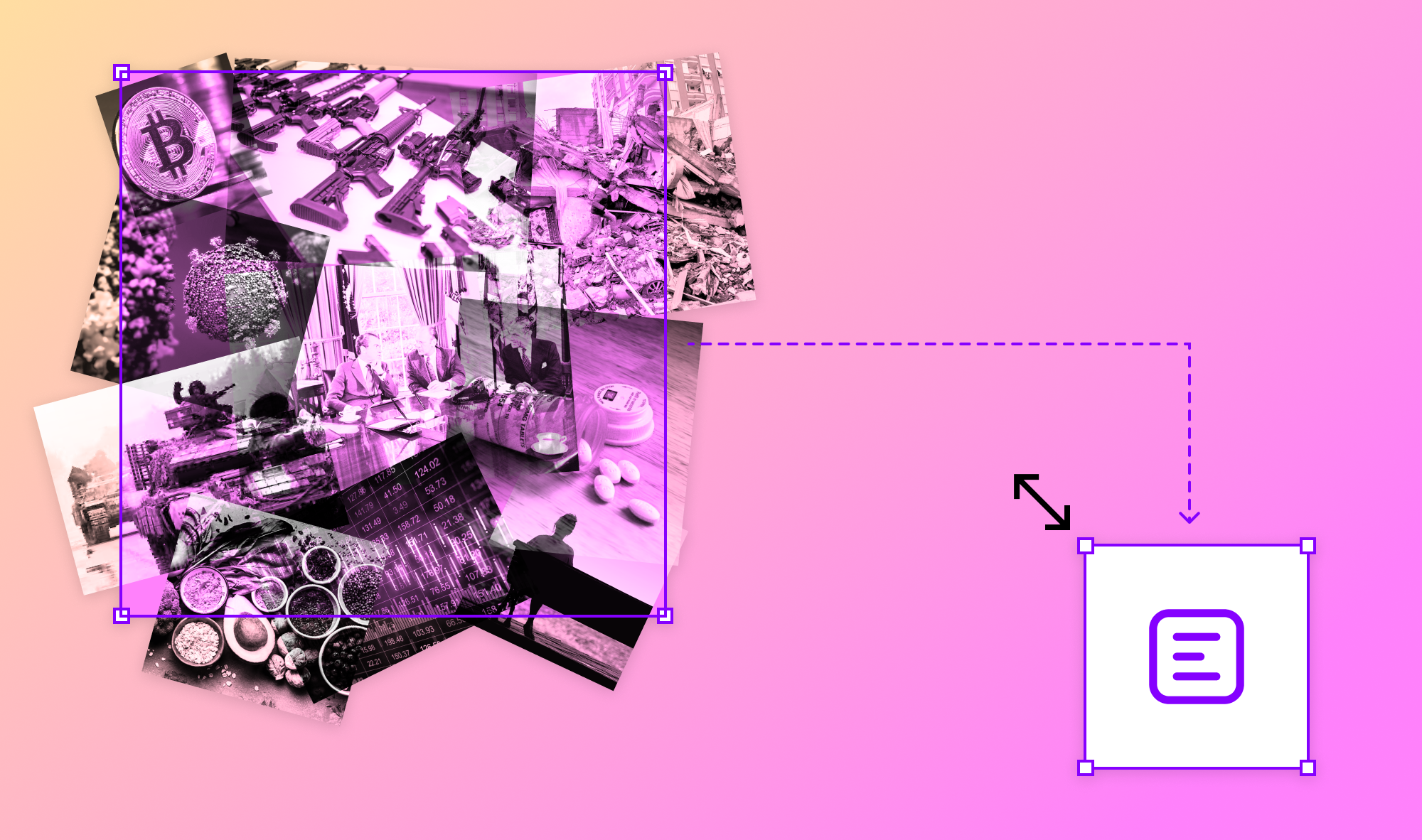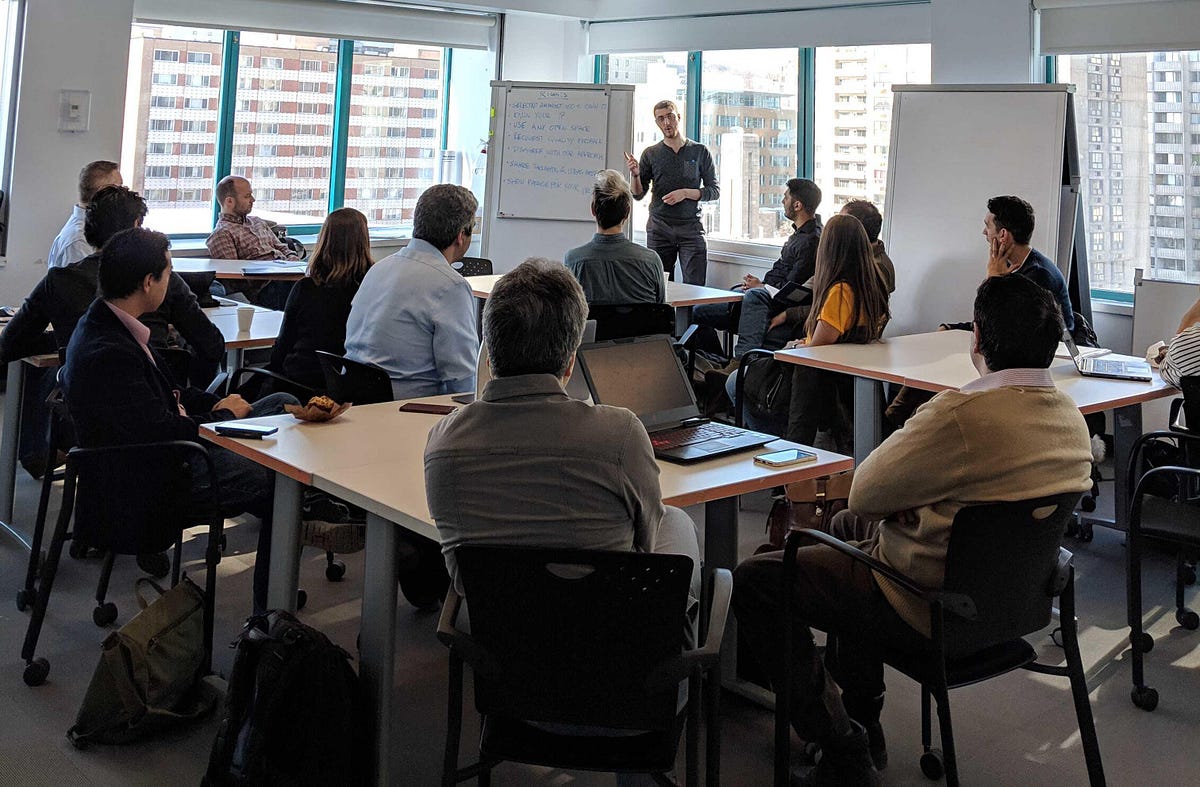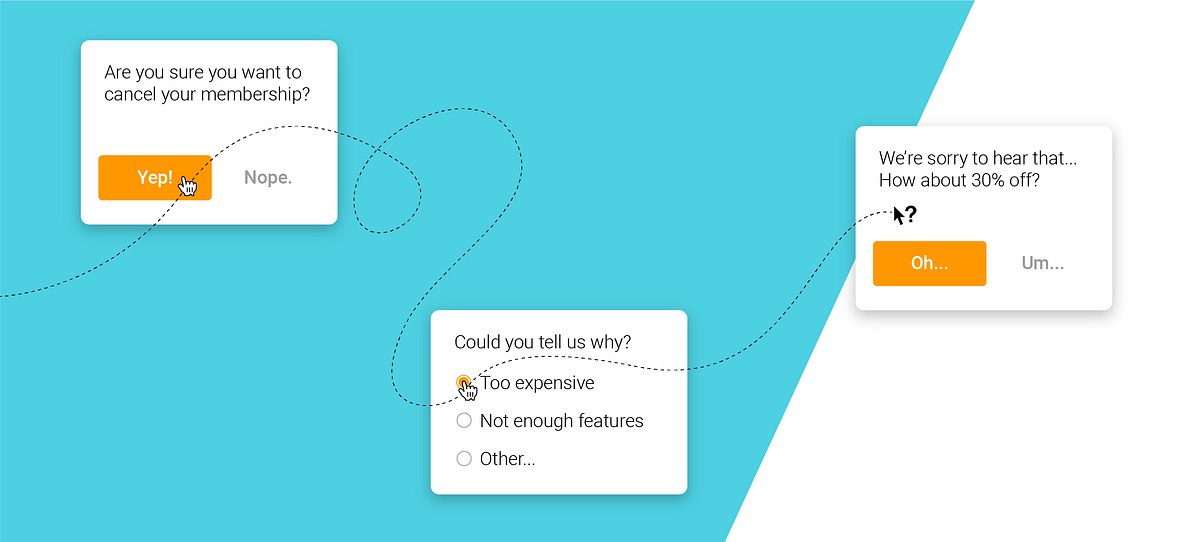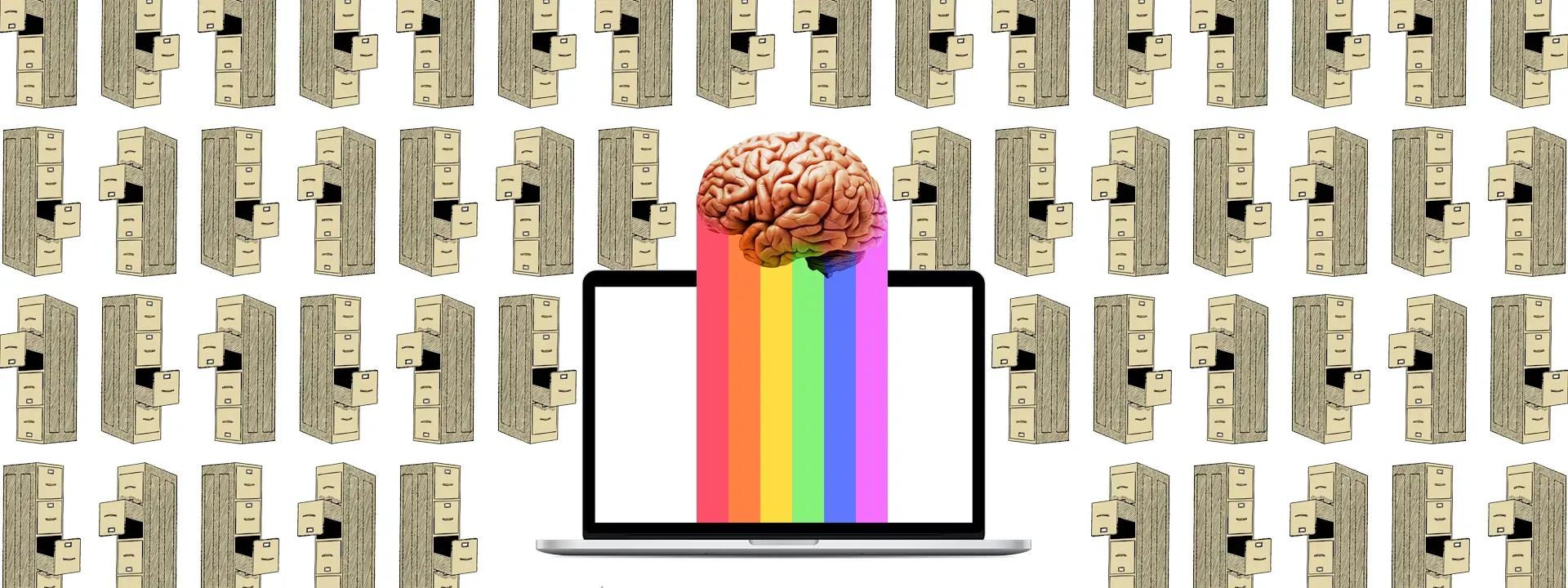-
How we learn is changing. Why am I worried?
I’m deeply worried about the future of learning, but I can’t put my finger on why. For a while it was because of all the noise coming from the media and technology. It divided the population and created a sea of information that’s difficult to validate. Later, I started to become concerned with all the…
-
Simplicity's Double-Edged Sword in the Information Age
We’re obsessed with simplicity. It’s alluring and inflammatory all at once. We want to simplify everything, and we want to draw the line on when something is too simple. “Everything should be as simple as possible, but not simpler.” Though there is no confirmed source, the quote is often attributed to Albert Einstein. It’s about…
-
Embracing the AI Mindshift: From Google to ChatGPT
📰 This post originally appeared on the Pragmatics Studio blog. Whether we like it or not, thinking will happen through AI, as it happens today through Google. We will ask language models how to deal with a broken heart the way we started doing that with the search giant. Generate recipes. Deal with grief. Diagnose…

Get my updates straight in your inbox
-
Our tech’s lack of context-awareness
There is something missing in our devices and applications. A massive layer that makes everything feel individual, static, and somewhat dumb. That layer is contextual memory. Think about when you’re browsing something and you remember “where have I seen this before?”. You open up your browser history and start typing only to find nothing of…
-
Education is about learning facilitation, not teaching
Before the internet, and before any broadcasting media, teaching made a lot of sense. We needed people to walk into the classroom and transmit their knowledge to people, because there was no other place with a store of it that was easy to access and navigate. This is no longer true today. With a phone…
-
Understanding the business model of your innovation
Today’s entrepreneurs have many tools at their disposal to help them validate complex business models. The most popular is Alexander Osterwalder’s Business Model Canvas (BMC), which is also what our instructors and coaches use here at District 3 with our startups. The BMC from Strategyzer However, even with only nine building blocks, the BMC can…
-
Keep customers who find your online subscription too expensive with better UX
Recently I attempted to cancel an Audible membership that renewed automatically after a free trial. Before online subscriptions, the process of cancelling a service will usually involve a call centre, getting asked some some questions by the customer support team, then being transferred to the accounts or sales department. At this point a more savvy…
-
The loudness of the internet
Blogs and social media posts have become too righteous. Online, places to take refuge from the yelling are sparse. There was a time when blogs were a way to escape the drudgery of traditional news. Now the news feels increasingly like a place to relax and unwind. Few write to bring others joy and even…
-
Simple questions about loving our work
Do you love your work the way a dancer loves dancing and a painter loves painting? If not, why is your work less important to you than theirs is to them? — Marcus Aurelius, The Meditations: An Emperor’s Guide to Mastery Work that is enjoyable becomes a passion. Today, we do not optimize for passion…
-
The forgotten art of fun at work
For all the times we value no sugar-coating, we forget to tell teams how to say things with a smile. For all the times we value efficiency, we forget to tell teams how to do things with joy. For all the times we value risk-taking, we forget to tell teams to receive the results with…
-
Focus today, grow tomorrow
A company’s product line can easily become bloated. Without proper discipline it will develop new ideas at the sight of every potential new customer, like a mad teenager picks up instruments to impress each new school crush. As the crush fades, it takes with it the interest in the instrument. What remains is the heap…
-
Computers are still merely tiny file cabinets
Computers were originally built to facilitate file storage and file access. The former is about finding the right folder and putting files in there, the latter is about remembering which folder the files are in and pulling them out. This is no different than a file cabinet, except the file cabinet no longer exists outside…











